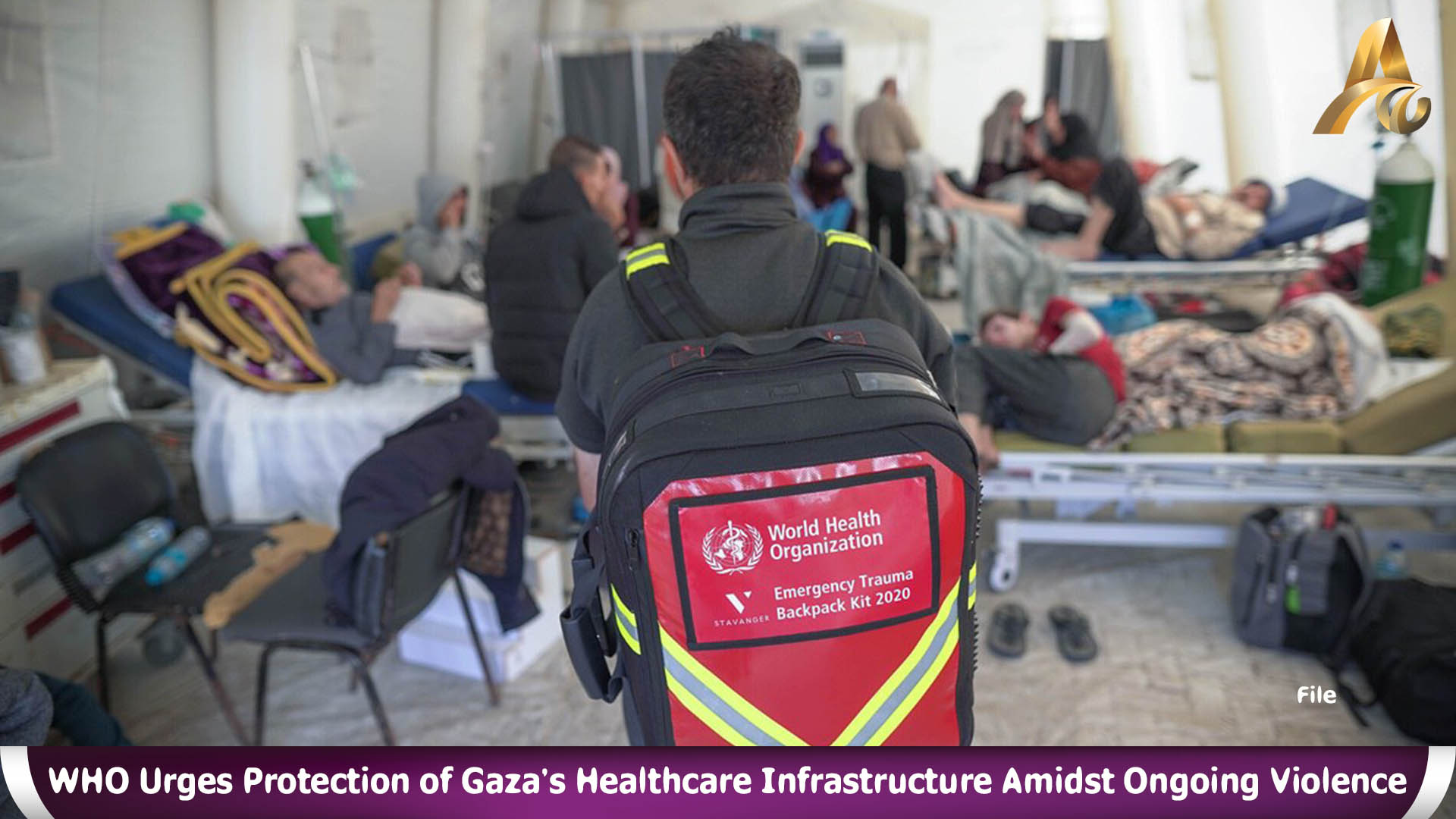Geneva: In yet another devastating turn of events, Gaza finds itself once again in the crossfire of intense hostilities. The World Health Organization (WHO) is sounding alarm bells about the renewed violence, emphasizing its grave concerns over the heavy bombardment in Gaza. The organization is fervently appealing to Israel to take all necessary measures to safeguard civilians and vital infrastructure, including hospitals, in compliance with international laws of war.
The recent events in northern Gaza serve as a harrowing reminder, and WHO emphasizes that this cannot be the blueprint for the southern regions. With health needs skyrocketing, Gaza cannot afford to lose another hospital.
As evacuation orders force more civilians in southern Gaza to relocate, an increasing number of people are being concentrated into smaller areas. Meanwhile, the remaining hospitals in these areas struggle with insufficient fuel, medicines, food, water, and a lack of protection for health workers.
The dwindling access to supplies and the uncertainty surrounding the safety of moving staff and resources make it increasingly challenging for WHO and its partners to provide adequate support.
This morning, WHO received advice to relocate as many medical supplies as possible from a warehouse in Gaza, located in an area subject to evacuation orders. The potential impediment to access over the coming days due to ground operations adds an additional layer of complexity to an already dire situation.
Intensifying military ground operations in southern Gaza, particularly in Khan Younis, are anticipated to sever access to healthcare for thousands, especially affecting the Nasser Medical Complex and European Gaza Hospital, the two primary hospitals in the region. The escalating number of wounded and sick individuals exacerbates the challenges, limiting WHO's ability to deliver aid to these vital healthcare institutions.
Approximately 1.9 million people, nearly 80% of Gaza's population, are estimated to be internally displaced. Recent evacuation orders cover 20% of Khan Younis and localities east of Khan Younis, home to nearly 117,000 and 352,000 people, respectively, before the hostilities began.
In less than 60 days, the number of functioning hospitals has plummeted from 36 to 18. Of these, only three provide basic first aid, while the rest offer only partial services. Operational hospitals in the south, numbering 12, now bear the weight of the entire healthcare system.
A recent visit to Nasser Medical Complex in Khan Younis painted a dire picture, with overcrowded facilities, overwhelmed health workers, and a shortage of capacity. Patients and their families are living in fear for their security, with disease surveillance systems hampered, leading to alarming increases in infectious diseases.
From October 7 to November 28, WHO recorded an unprecedented 203 attacks on healthcare facilities, ambulances, medical supplies, and the detention of healthcare workers. This alarming trend is unacceptable, and the international community is urged to take immediate action to protect civilians and infrastructure.
The toll on human lives is staggering, with 349 people killed and 750 injured on December 3 alone, according to reports from the Ministry of Health. Hospital bed occupancy rates have soared to 171%, and in intensive care units, the rate is a staggering 221%. The Nasser Medical Complex and European Gaza Hospital are both operating three times beyond their intended capacities, with thousands of patients and displaced individuals seeking refuge.
As of December 3, the Ministry of Health reports over 15,899 deaths, with two-thirds of the victims being women and children. Additionally, 42,003 people, predominantly women and children, have sustained injuries.
The gravity of the situation demands immediate attention and a coordinated effort from the international community to bring about a sustained ceasefire and ensure the safety and well-being of the population in Gaza.






















